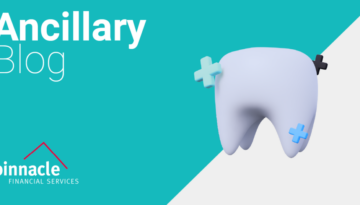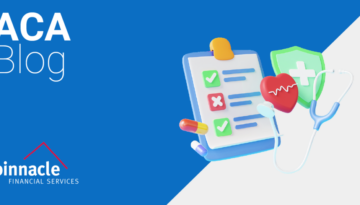
Pinnacle Financial Services, Inc. | Privacy Policy
© 2000 — 2026 | All information provided on this website is for agent use only and not intended for public distribution.
Not affiliated with the U. S. government or federal Medicare program. We do not offer every plan available in your area. Any information we provide is limited to those plans we do offer in your area. Please contact Medicare.gov or 1-800-MEDICARE to get information on all of your options.





